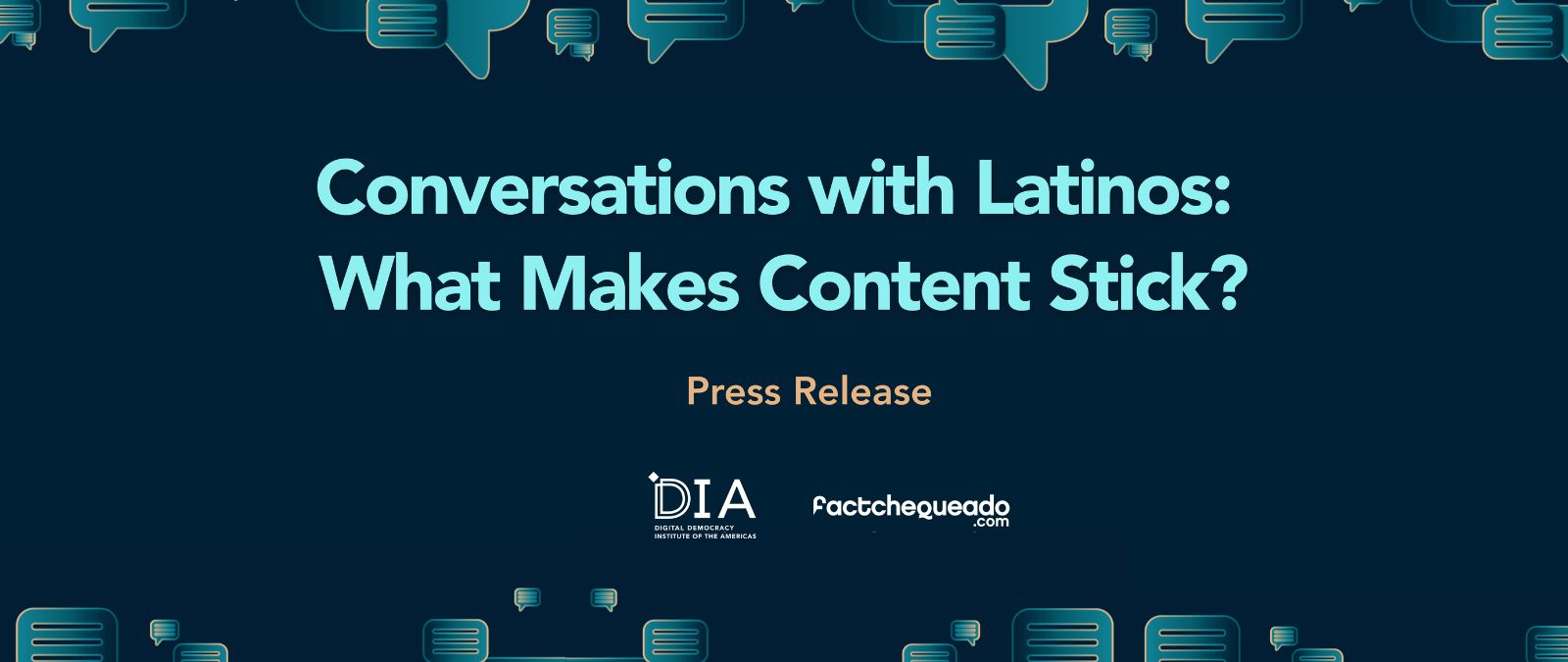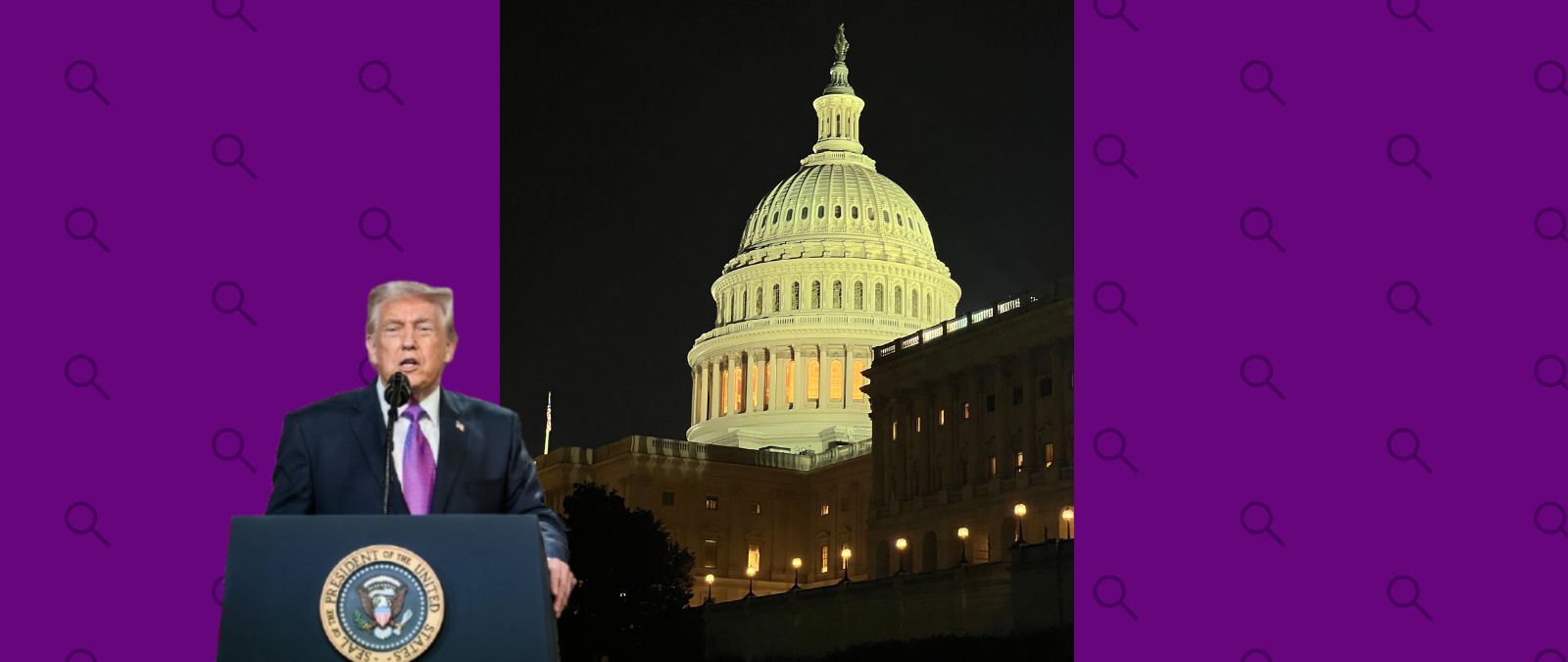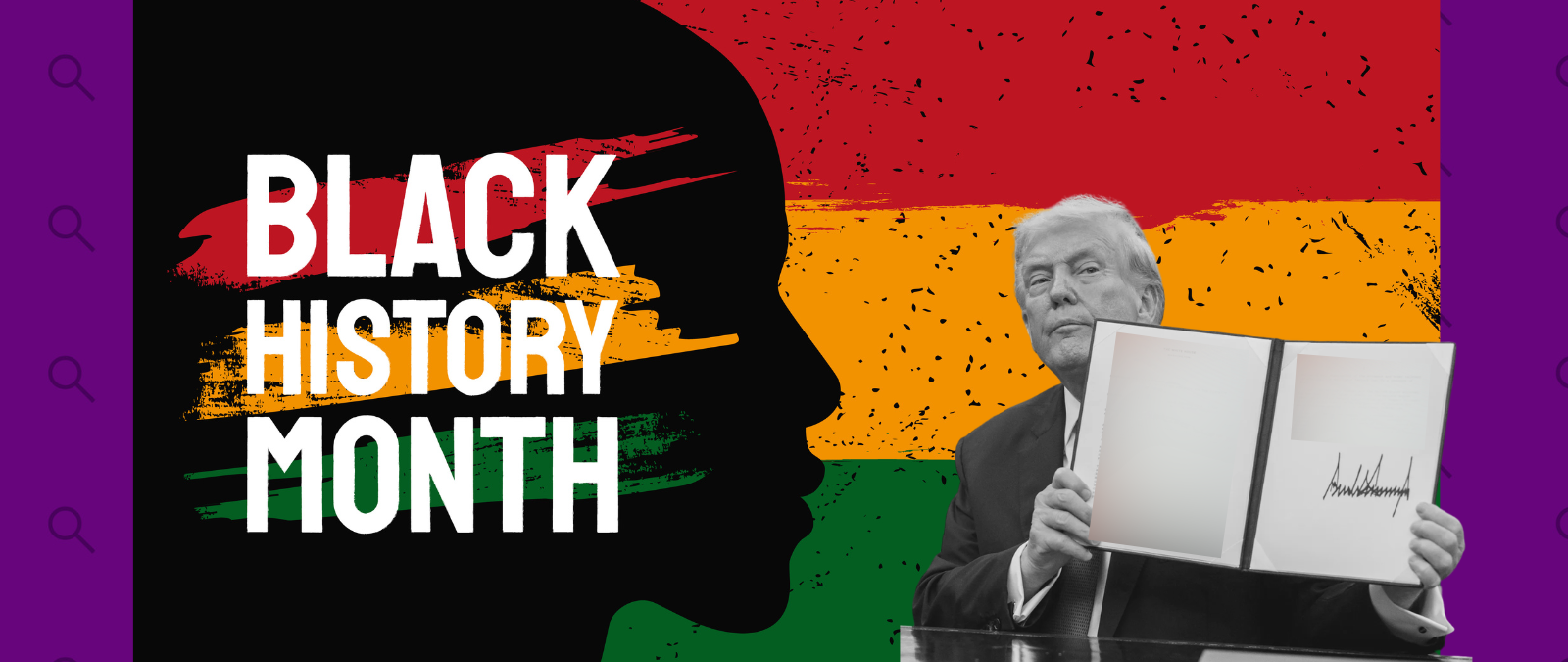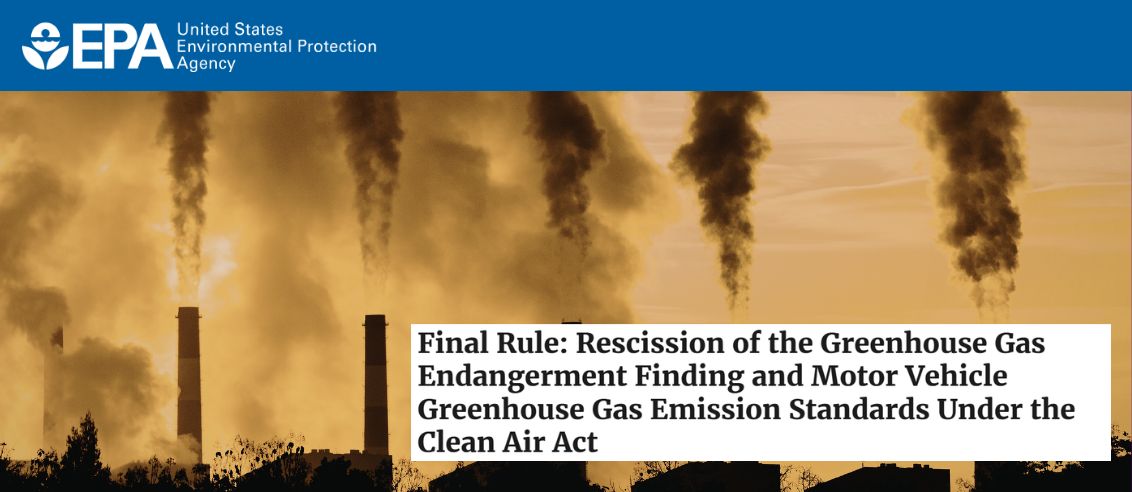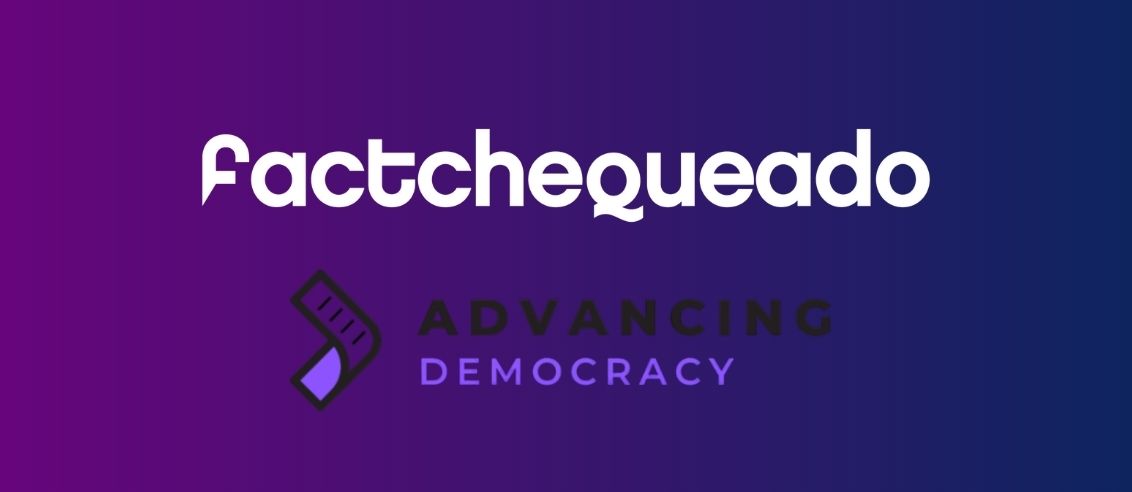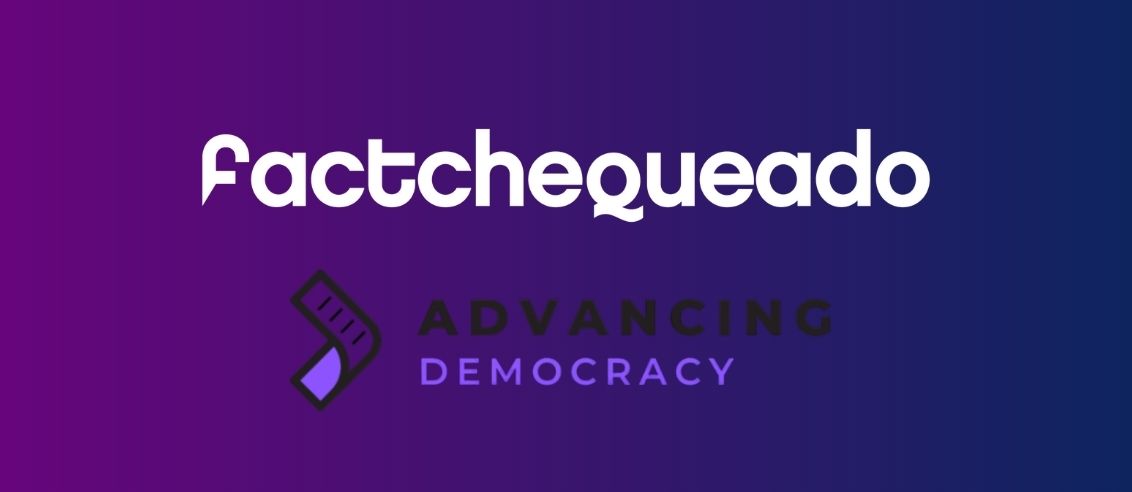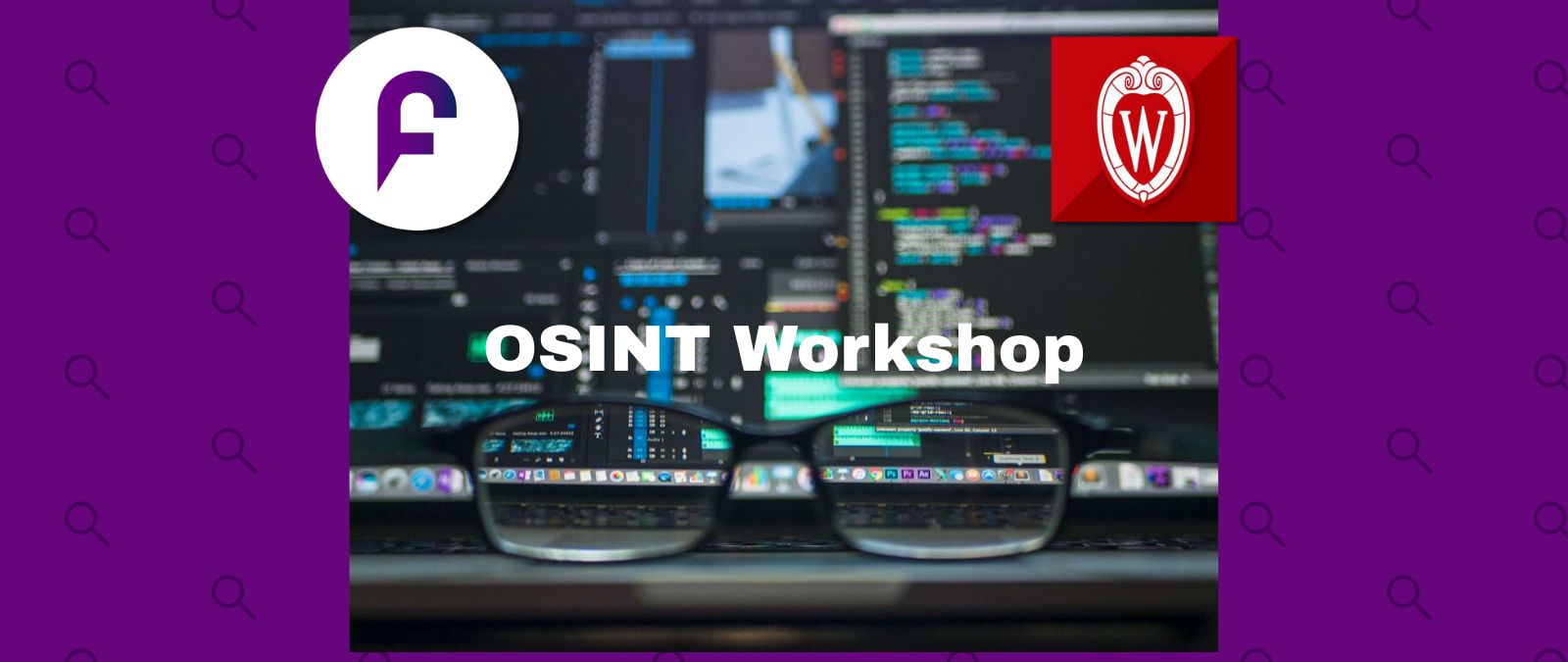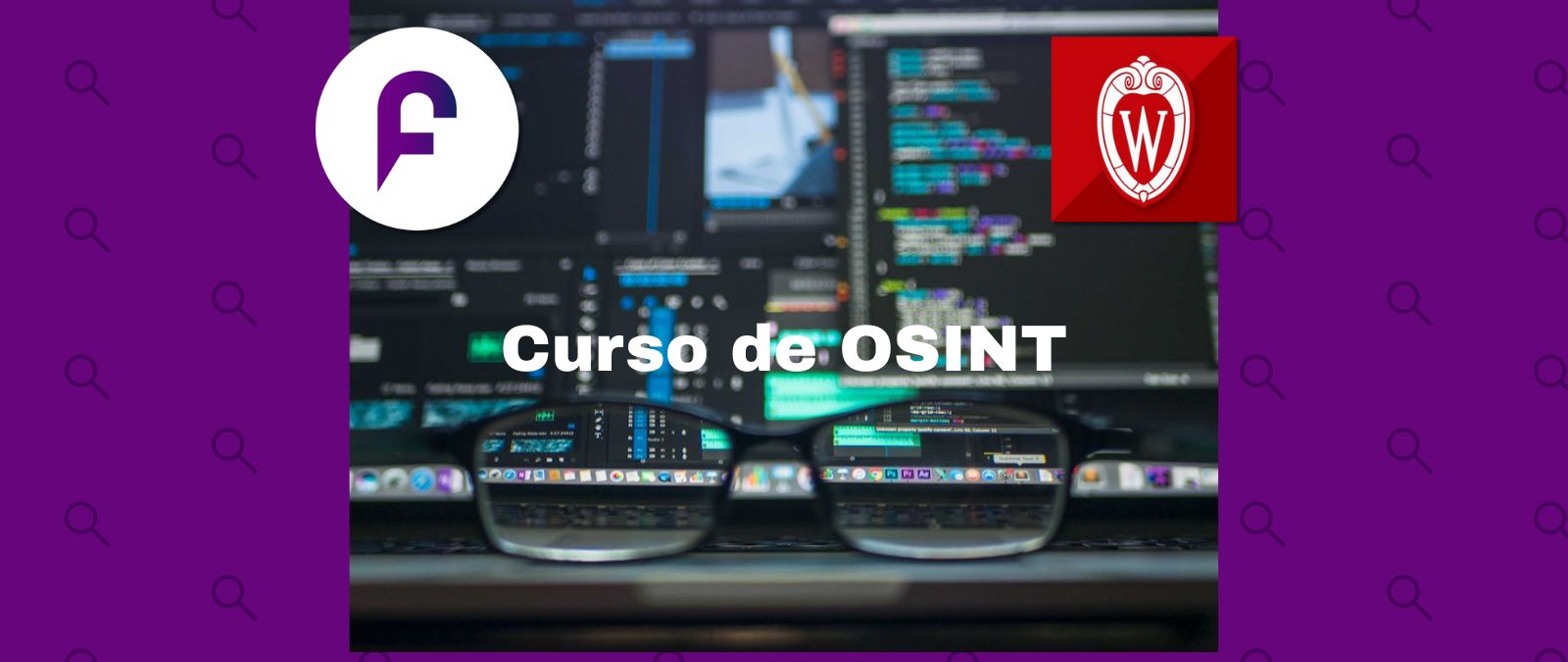The Digital Democracy Institute of the Americas (DDIA), in partnership with Factchequeado, and with the support of Castillo & Associates and HIT Strategies, today releases results of Conversations with Latinos: What Makes Content Stick? with new findings into how U.S. Latinos navigate today’s digital information ecosystems.
Based on qualitative boards and in-depth interviews with Latinos across the U.S., the study tells a story about digital habits, content preferences and go-to sources, online harms, the use of and perceptions of artificial intelligence, and how Latinos see big tech’s role in democracy.
Roberta Braga, Founder and Executive Director of DDIA, emphasized: “One of the biggest questions of our time is what breaks through the noise of today’s digital ecosystems. Latinos, like everyone else, are overwhelmed by information and misinformation online. The Latinos we spoke with shared they want more joyful, reliable, credible content. They appreciate engaging with individual accounts that share evidence to back up opinions and analysis and that are close to them, both geographically and culturally. People are increasingly relying on AI for search, even if at the same time, they note not loving seeing AI-generated content on their feeds.”
Laura Zommer, Co-Founder and CEO of Factchequeado, added: “This study provides valuable information about what Latinos do online and what we prefer when it comes to getting information. It's very rich and useful for content creators, media outlets, and organizations seeking to better serve Latino communities. Hearing them talk about trust, misinformation, artificial intelligence, and what traps them, and also seeing them interact with content, yielded valuable insights. We need to understand Latinos better to design products and content that truly engage, include, and empower them.”
TAKEAWAYS
Digital Habits, Content Consumption, and Go-To Sources
Latinos are craving positivity and authenticity on social media. Joyful, informative (personal growth), and community-centered content were often cited by participants as something they stop scrolling for.
Many Latinos appreciate authentic individual accounts that share evidence to back up their opinions and who are geographically close. Instagram and TikTok are go-to platforms for daily use, where entertainment and information blend. Content that is human-centered, concise, and, again, backed by evidence, is very valued.
Many Latinos rely on cues for determining trustworthiness and credibility of information and accounts, including verification badges of accounts, popularity of accounts, the make-up of comments, opt-in features (like groups), and an account’s track record of past accuracy.
First-hand perspectives, like direct interviews and on-the-ground footage, increased the persuasive qualities of content. Accounts that shared contrasting viewpoints, including different sides of a story, prompted some to rethink their perspectives.
Online Harms
Immigration-related falsehoods, racism, scams, and polarization were identified as major threats to democracy today. Fear of backlash often discourages some Latinos from sharing opinions online.
The most frequently cited motivations for the spread of disinformation were: content creators seeking likes, money, or virality; political actors spreading fear or shaping narratives for electoral gain; and motivations tied to racism or domination over Latinos.
All participants affirmed they, or someone in their family or circle of friends, have been exposed to misinformation.
Participants believe they are good at detecting bias in the information environment and do not fully trust any single source.
Artificial Intelligence
ChatGPT is increasingly being used to verify information online.
The Latinos who participated in the study largely think they are coming across AI-generated content far more often than in the past couple of years.
When asked if AI-generated content should be labeled, a majority of respondents indicated they thought it should.
Big Tech’s Role in Democracy and Regulation
Most participants recognize platform algorithms as a primary deciding factor for what people see on their feeds.
The belief that “phones are listening to us” is repeated and recognized as feeding ads or content.
Latinos see tech companies as primarily responsible for tackling harmful content, while also emphasizing that individuals and parents have an important role to play.
EVENT SERIES: Conversations with Latinos
DDIA and Factchequeado invite journalists, media, advocates, policymakers, platforms, and creators to join the launch events where key findings will be presented and discussed.
English Session
Tuesday, September 30, 2025 / 2:00 p.m. ET / Virtual on Zoom
[Register for the English Session]
Spanish SessionWednesday, October 1, 2025 / 2:00 p.m. ET / Virtual on Zoom
[Register for the Spanish Session]
About DDIA
The Digital Democracy Institute of the Americas (DDIA) is bringing together insights and actors across the Western Hemisphere to shape a more participatory, inclusive, and resilient digital democracy. DDIA applies research at the intersection of information integrity, belief, and behavior to build trust, connection, and capacity with Latino communities and to shape policy interventions that depolarize shared information spaces for healthier democracies in the Americas.
About Factchequeado
Factchequeado is a U.S.-based, Latino-led initiative dedicated to combating mis- and disinformation in Spanish. By working with fact-checkers, journalists, and community organizations, Factchequeado provides trustworthy information to Latino communities and strengthens their resilience to harmful narratives.


